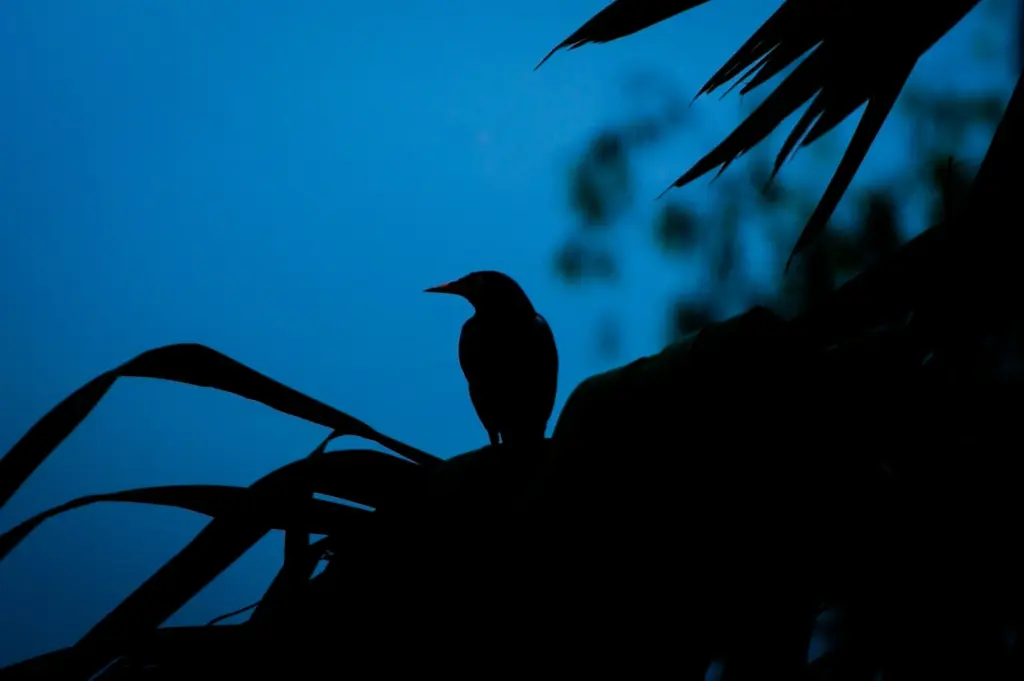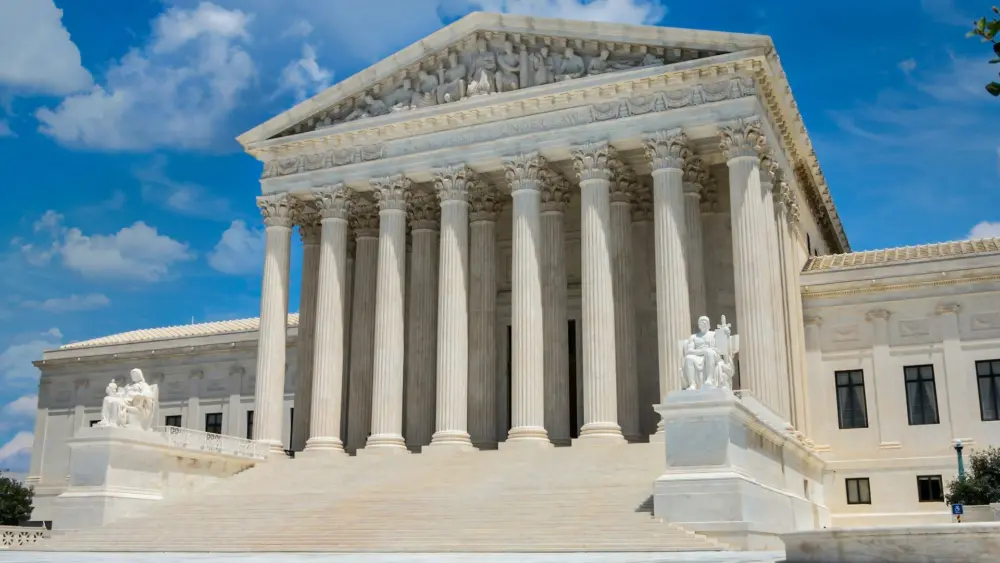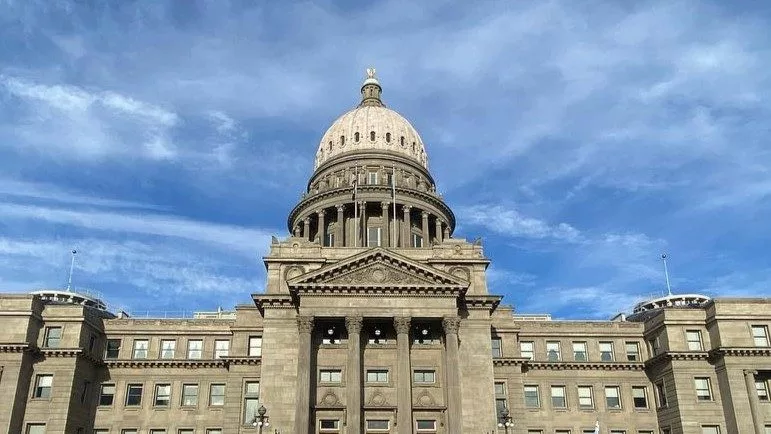WASHINGTON, D.C. – U.S. Senators Mike Crapo (R-Idaho) and John Hickenlooper (D-Colorado) have reintroduced the Dark and Quiet Skies Act, aiming to curb unintentional light and radio interference from the rapidly increasing number of satellites in orbit.
Crapo noted that Idaho’s wilderness offers “magnificent wonders in the night sky,” but said growing satellite activity has made those views harder to preserve. Hickenlooper added that protecting scientific observations while supporting a strong space economy “is a no-brainer solution.”
Satellite numbers have climbed from about 2,200 in 2019 to more than 11,000 by 2024, with projections exceeding 60,000 by 2030. Astronomers say the brightness and radio leakage from these satellites can disrupt long-exposure observations and federally funded research.
The bill would create a Center of Excellence under the National Institute of Standards and Technology to research and promote voluntary best practices for reducing interference. The center would coordinate early in satellite design, support testing of mitigation techniques, and develop technologies such as darkening materials, orientation adjustments, or design changes to reduce brightness and signal spillover.
Supporters say the renewed effort would strengthen collaboration between astronomers, industry, and federal agencies while helping preserve dark skies essential for research and recreation.





